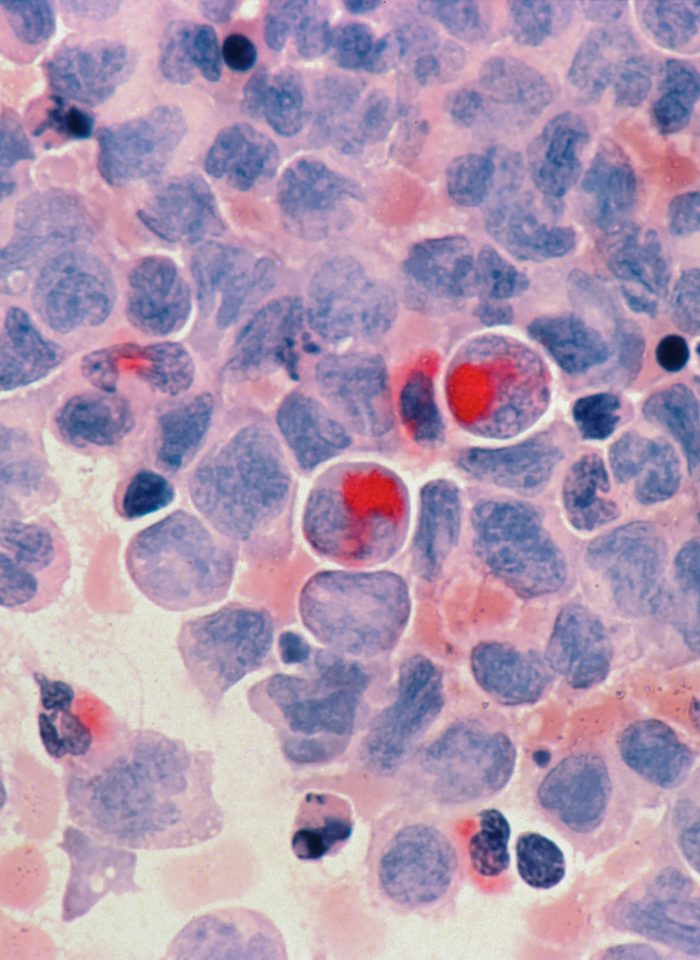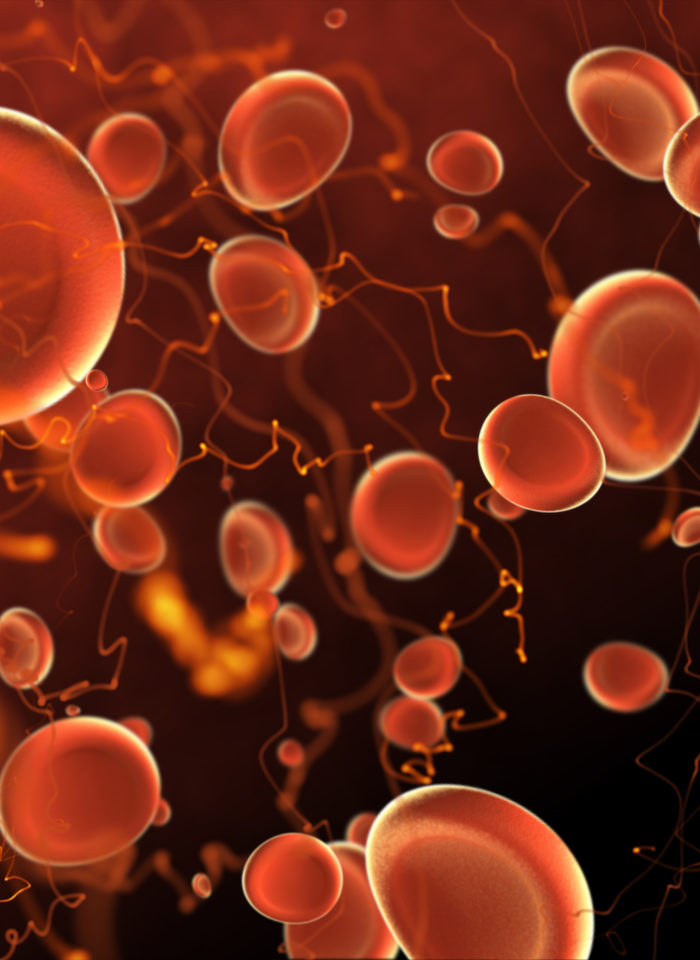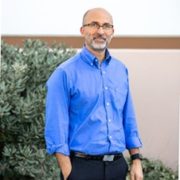Venture Philanthropy / Micronoma
Early-stage cancer detection via circulating microbial DNA biomarkers and machine learning classification

The problem
Early-stage cancer detection
Cancer diagnostics based on cell-free DNA (cfDNA) isolated from a non-invasive liquid biopsy has been a focus of research and commercial efforts for at least two decades. These tests are based on the detection of cancer-specific mutations and/or epigenetic modifications represented in the small fraction of circulating cfDNA derived from tumor cells (ctDNA). Several studies have now demonstrated the feasibility of using ctDNA to detect cancer but with somatic mutation copy numbers often appearing as infrequently as 1 mutant copy per 10,000 wild-type copies, using ctDNA for the diagnosis of early stage (Stage I/II) cancers remains extremely challenging. For instance, empirical data in lung cancer suggest that genetically mutated tumors must reach ~10cm3 to produce just one mutant copy per 1000 wild-type copies. Thus, minimally invasive early detection of cancers remains a critical unmet need.

The solution
Microbiome driven liquid biopsy
Micronoma’s approach to addressing this unmet need utilizes cell-free microbial DNA (cf-mbDNA) biomarkers and machine learning technology to achieve early detection and classification of cancer from minimally invasive liquid biopsy samples. Human tissues, including tumors, are extensively colonized by taxonomically diverse microbes. Intra-tumoral microbial activity and events of cellular turnover and trafficking contribute to shedding of microbial nucleic acids into the bloodstream where they can be captured and detected by a simple blood draw. This is all based on their patent pending Oncobiota™ platform which reveals the cancer-related microbiome with unparalleled specificity and sensitivity. This new minimally invasive and precise microbiome-driven liquid biopsy™ method can detect cancer in its earliest stages, unlike tests that only focus on the human genome, epigenome, or cancer mutation.
-

Blood Draw
Minimally-invasive blood draw to collect samples for testing.
-

Microbiome
Pioneering microbiome research, discovery, and applications.
-

Next Gen Sequencing
Using genomic sequencing to accurately distinguish microbial signatures.
-

Bioinformatics
Using computational pipelines to decipher and interpret data.
Micronoma’s approach to addressing this unmet need utilizes cell-free microbial DNA (cf-mbDNA) biomarkers and machine learning technology to achieve early detection and classification of cancer from minimally invasive liquid biopsy samples. Human tissues, including tumors, are extensively colonized by taxonomically diverse microbes. Intra-tumoral microbial activity and events of cellular turnover and trafficking contribute to shedding of microbial nucleic acids into the bloodstream where they can be captured and detected by a simple blood draw. This is all based on their patent pending Oncobiota™ platform which reveals the cancer-related microbiome with unparalleled specificity and sensitivity. This new minimally invasive and precise microbiome-driven liquid biopsy™ method can detect cancer in its earliest stages, unlike tests that only focus on the human genome, epigenome, or cancer mutation.

Blood Draw
Minimally-invasive blood draw to collect samples for testing.

Microbiome
Pioneering microbiome research, discovery, and applications.

Next Gen Sequencing
Using genomic sequencing to accurately distinguish microbial signatures.

Bioinformatics
Using computational pipelines to decipher and interpret data.
The Team
Micronoma was founded by leaders in microbiome research

Sandrine Miller-Montgomery
President and CEO
Previously, she was executive director of UC San Diego’s Center for Microbiome Innovation (CMI) that she co-led with renowned microbiome researcher, Dr. Rob Knight. There, she established a world-class team focused on expanding industry and academic collaborations in the field of microbiome research. A scientist at heart and with a drive to bring life-changing innovation to the community, Sandrine has found her passion in leading Micronoma, committed, through its early stage diagnosis, to improving the lives of all affected by cancer.

Greg Sepich-Poore
Co-founder and Chief Analytics Officer (CAO)
As the CAO, he uses his expertise in microbiome science and machine learning methodologies to guide the company’s strategy for translating copious amounts of cell-free microbiome data into patient diagnoses. At only age 28, Micronoma is Greg’s third corporation and was strongly inspired by the unexpected stage IV diagnosis and tragic sudden loss of his grandmother to pancreatic cancer while attending college.

Rob Knight
Co-founder and Scientific Advisor
He is the founding director of the Center for Microbiome Innovation (CMI) and Professor of Pediatrics and Computer Science & Engineering at UC San Diego. Before that, he was Professor of Chemistry & Biochemistry and Computer Science in the BioFrontiers Institute of the University of Colorado at Boulder, and an HHMI Early Career Scientist. He was honored with the 2019 NIH Director’s Pioneer Award for his microbiome research. He received the 2017 Massry Prize, often considered a predictor of the Nobel Prize.

Eddie Adams
Eddie Adams is the Chief Scientific Officer of Micronoma, Inc. At Micronoma he leads the development of the Oncobiota™ cell-free microbial DNA liquid biopsy assays for cancer detection. He received his PhD in Biological Chemistry in Peter Seeberger’s laboratory from the Massachusetts Institute of Technology and carried out postdoctoral work in innate immunity with Prof. Nir Hacohen at Harvard Medical School. His industrial research career has encompassed development and successful commercialization of products in nanotechnology, epigenetics, microbiome sample preparation solutions, and disease diagnostics for sepsis and cancer. Eddie is an inventor on 17 issued patents and numerous patent applications.
More Information
Links and documentation
If you want to learn more, please visit the website of Micronoma